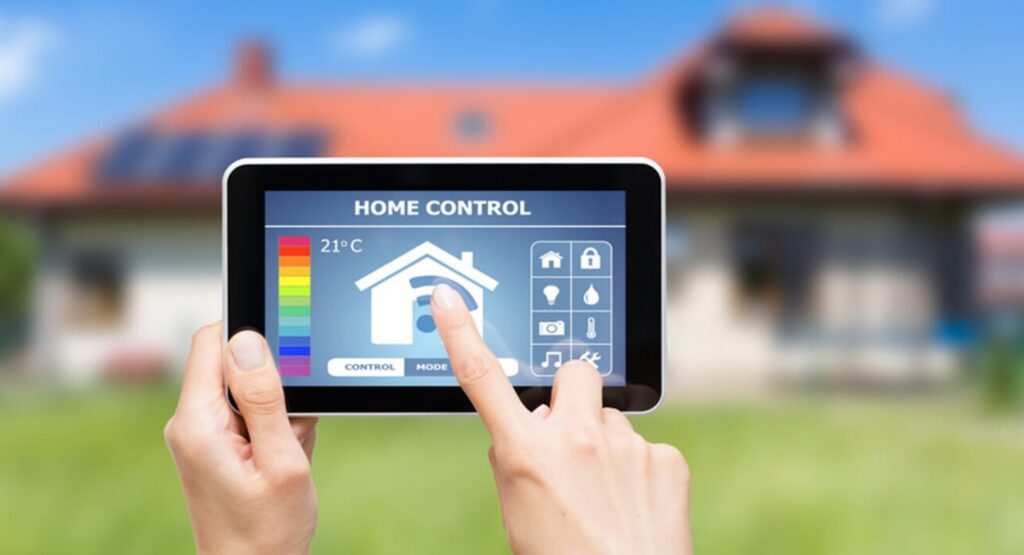Smart home automation refers to the use of technology to control various aspects of a home, such as lighting, heating, cooling, security systems, entertainment systems, and appliances. Smart home automation systems use sensors, Wi-Fi, Bluetooth, and other technologies to connect devices and allow them to be controlled remotely or automatically.
The primary benefit of smart home automation is convenience. With a smart home automation system, homeowners can control various aspects of their homes from a single app or device, such as a smartphone or tablet. They can set schedules for their appliances and systems, turn lights on and off, adjust the temperature, and even control their home’s security system from anywhere.
Smart home automation also offers energy savings benefits. For example, homeowners can set their heating and cooling systems to turn off automatically when no one is home, saving energy and reducing utility bills. They can also use sensors to automatically turn off lights in rooms that are not being used.
Another benefit of smart home automation is increased security. Smart home security systems can send alerts to homeowners’ phones if there is suspicious activity, such as an unauthorized entry or a motion sensor being triggered. Homeowners can also use smart locks and cameras to monitor their homes and control access.
Overall, smart home automation systems offer a range of benefits that make them an attractive option for homeowners looking to improve their quality of life, enhance energy efficiency, and increase security.

